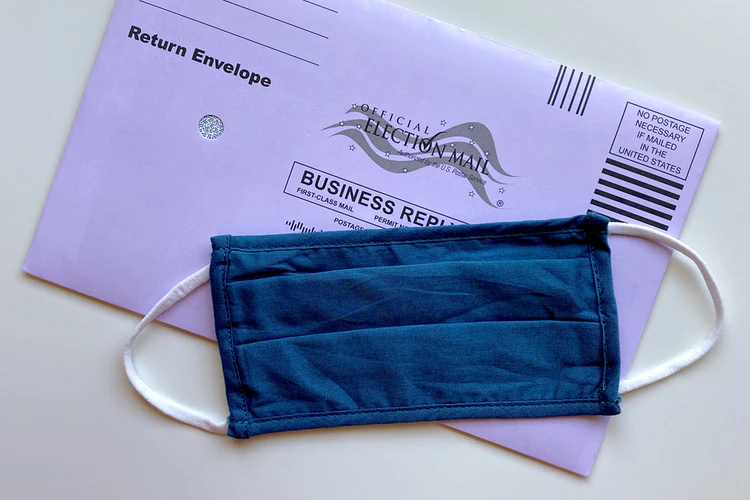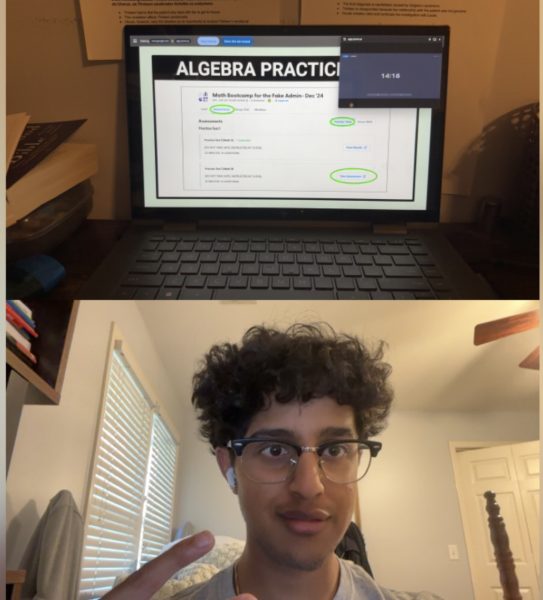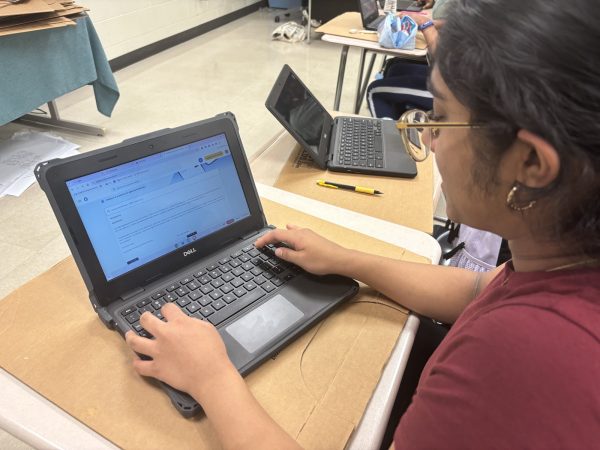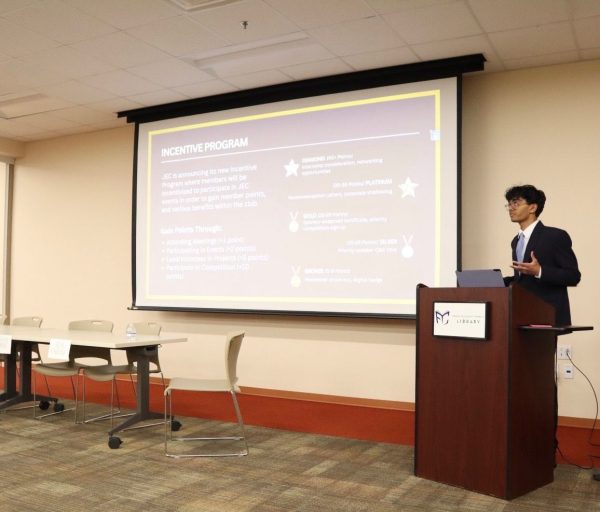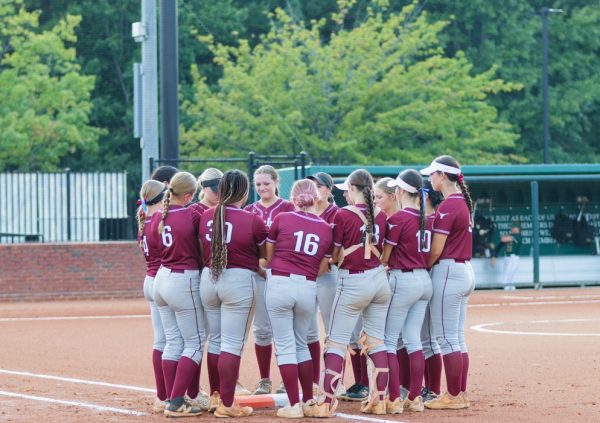Voter Fraud: Our Elections in Jeopardy
With the upcoming elections just a few weeks away, both candidates’ political machines are up-at-arms furiously taking jabs at each state’s voting solutions. Absentee voting seems to be the chosen method during these Covid-19 times. Any sort of mail type of balloting comes with a slew of unknowns and unreliability. But what’s the alternative? Many of the states are still opening voting sites in higher numbers than ever before. But how safe and reliable are these polling places if ballots are computerized or entered into the worldwide web? Is Georgia’s Ballot Marking Devices safe from hacking?
On June 12, 2020, an article in the New Yorker stated “It was Kemp, too, who initially rejected the help of the Department of Homeland Security to “harden” the state’s election; system against cyberattacks, did not act when a researcher found the system to be exposed on the Internet and rejected the possibility that Georgia’s elections were hackable.”
Ballots and online voting leaves our elections in jeopardy. The internet itself is the problem. Twenty years ago, there were 361 million internet users. Then in 2005, the number of internet users had grown to 938,710,920. Currently, in 2020, there are almost 4.57 billion active internet users. The internet is far from a utopia.
There is no filter on the internet. Open access is a double-edged sword. The internet is like any market system where crime, bullying, tampering can happen by the worst of all places, for example. Russia, China, North Korea to say the least.
Not only can the internet globalize bullying, but it is also creating a new type of cybercrime. Many might think that cybercrime is minor compared to physical crime, but cybercrime can be just as bad or even worse. Cybercrime can be defined as any crime that involves a computer and a network. Many nations have a vested interest in who the winners of our elections are. They will go to any length to tamper with our elections including using social media against the American public.
In private organizations and also in public organizations like schools, internet, and network security measurements are being taken more seriously than a decade ago. Corporate companies and educational institutions have made various attempts to make the internet more accessible and much safer. But what about our elections? What about domestic disenfranchisement?
Is it possible for the internet to be completely safe? In reality, I think not. The internet is like a human, all the cybercrime, viruses, cyberbullying are like pathogens, and proper safety precautions are the medicine. You take medication to cure an illness, however, you can always get sick again. When used correctly, the internet can be a “utopia”. It’s a phenomenon of knowledge that’s not going anywhere. Paper balloting seems to go along with the mailing, but it is all tenuous. I tend to believe our elections will be decided in the courts, but will that constitute justice and equity for all? It’s far from a utopia. It’s our last bastion of democracy that must be protected. Free elections somehow need to be preserved. Deciding how to do this is the issue at hand. Hopefully, in any case, we can know who our next president will be before Christmas and the cold hits.
Your donation will help support The Lambert Post, Lambert High Schools student-run newspaper! Your contribution will allow us to purchase equipment and cover website hosting costs.



